Filter on
human behavior research categories

5 Tips for writing better Horizon Europe grant proposals
Noldus has been a partner in many research projects, which means that we have a lot of experience writing grants. Read our tips for writing better grant proposals, based on our own practical experience.

How music affects children’s development
Researchers dove deeper into building an understanding of the relationship between music and emotions and how music affects children’s development.

How to observe adolescents and teachers in a classroom
Many researchers focus on classroom interaction to learn more about group dynamics, teaching behavior, and student engagement. One of the research methods used is behavioral observation.

A story told: using an AV lab to teach skills for counseling psychology
Creating a great clinical space to train students was what Dr. Audrey Ervin, psychologist and teacher at Delaware Valley University, wanted to achieve. Read the story about how she handled this.

5 tips on how to measure facial expressions
It may sound very simple, but recording video and playing it back enables more detailed analysis of facial expressions. 5 useful tips on how to measure facial expressions!

How horse riding and gardening improve quality of life for people with dementia
Quality of life is an important aspect of dementia care. Horse riding and gardening may provide positive emotional experiences and even enhance daily functioning.

Must-see TED Talks on emotions
Emotions are fundamental in understanding human behavior. Do you want to get a better understanding of emotions? We’ve put together a list of must-see TED Talks on emotions.

Behind the scenes at MARIN: research into human decision making
One of the world's leading maritime research institutes: MARIN, took us on a tour in their ship bridge simulator. A great customer success story that highlights the importance of human factor research.

5 examples of infant studies
Researchers perform infant studies to properly monitor and understand all kinds of development factors. In this blog post, five examples of infant studies are highlighted.

How does communication with strangers develop?
Various factors contribute to shaping social-emotional developmental trajectories, such as familiarity of the interaction partner, the child’s age, but also individual predispositions, such as temperament.
Filter on
animal behavior research categories

3 high impact papers about measuring anxiety in the Elevated Zero Maze
The elevated zero maze (EZM) is a variation on the elevated plus maze (EPM) and was created to eliminate the center region of the EPM. This blog highlights 3 studies that use the EZM to test for anxiety-like behavior
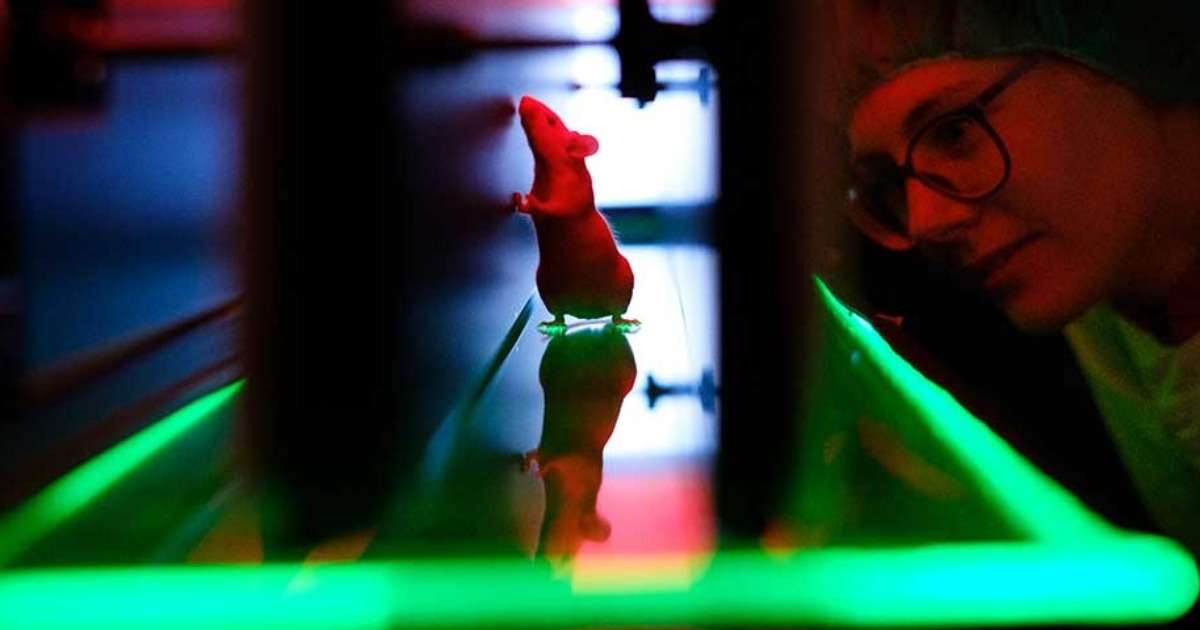
Quantifying locomotion in rats using CatWalk XT
Gait analysis is a powerful tool in evaluating behavioral and physiological changes in clinical and pre-clinical rodent models.
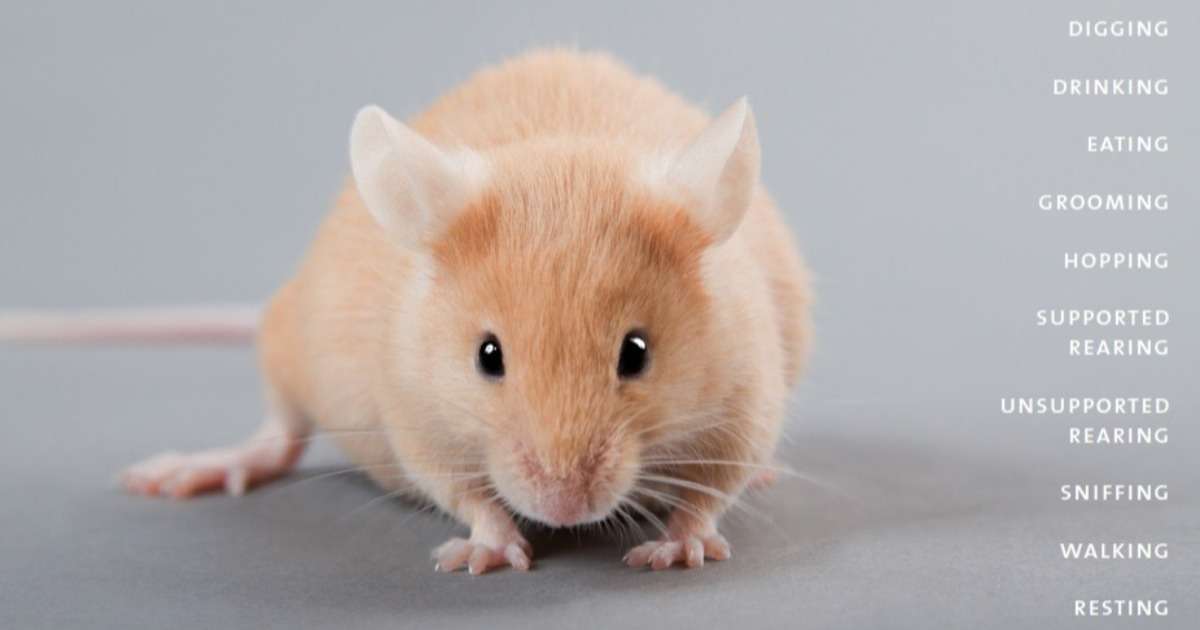
5 EthoVision XT webinars for you to watch
In this blog you’ll find five webinars on EthoVision XT from five different angles. Each webinar will get you more in depth on how to use EthoVision XT in your own study or research.
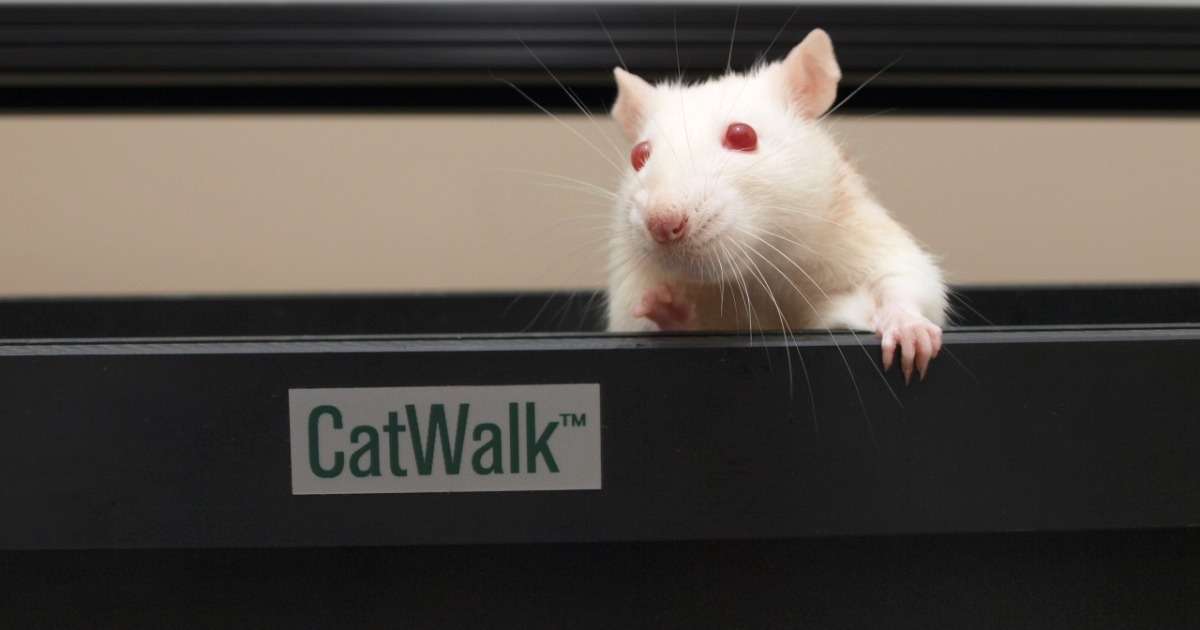
Using CatWalk XT to analyze variations in gait performance in adolescent mice
Rodents are the most common model organisms in biomedical research. Automated gait analysis provides a precise and objective means of analyzing behavioral and physiological changes in rodent models.

What is the Barnes maze? A dry-land environment for testing learning and memory
The Barnes maze is a behavioral paradigm for testing learning and memory in rodents models for autism spectrum disorder, Alzheimer’s disease and ageing. How does it compare to the Morris water maze?

Examples of Animal Behavior Research
Researchers in ethology are interested in understanding all aspects of animal behavior. We have highlighted some great examples of Animal Behavior Research on our Behavioral Research Blog.
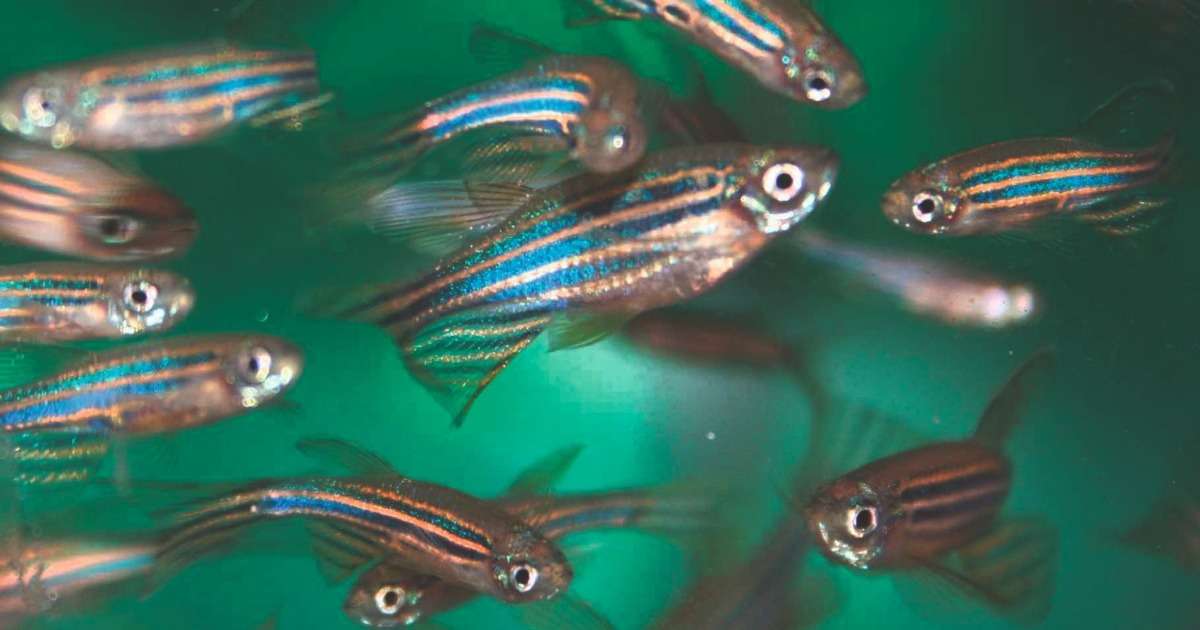
Studying zebrafish behavior using video tracking software
When it comes to studying zebrafish behavior, video tracking software is the ideal tool. Here we highlight five recent posts about studies on zebrafish behavior where researchers applied video tracking software.
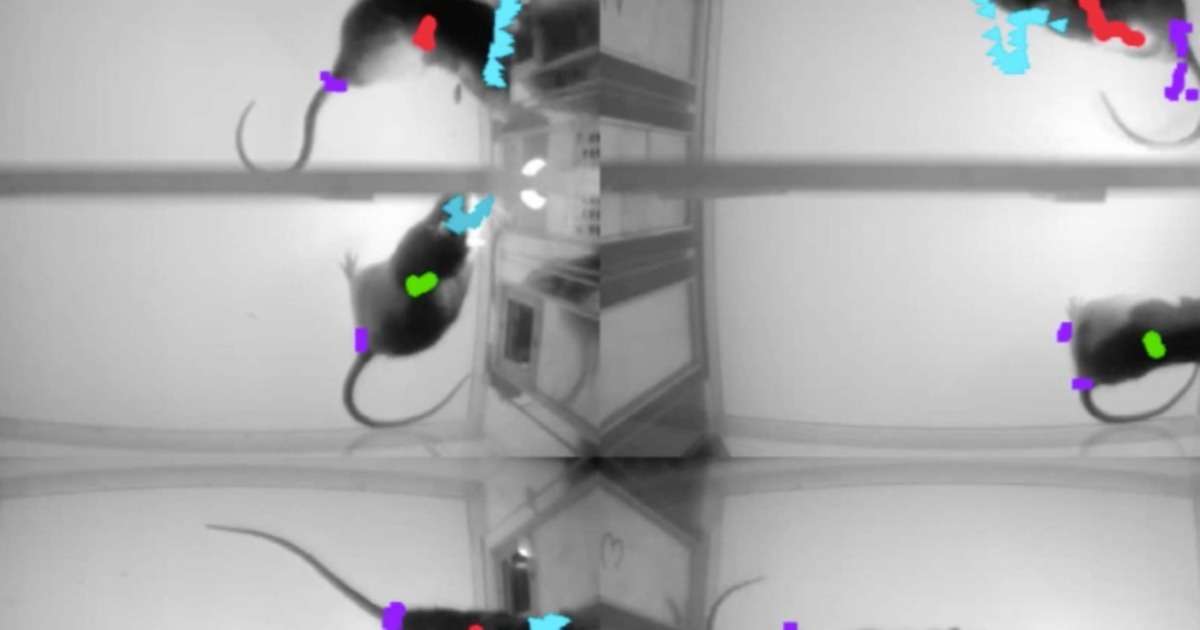
5 blogs on why you should use video tracking in behavioral research
In this blogpost you can find an overview of our top 5 favorite blogs on why you should use video tracking in your behavioral research.
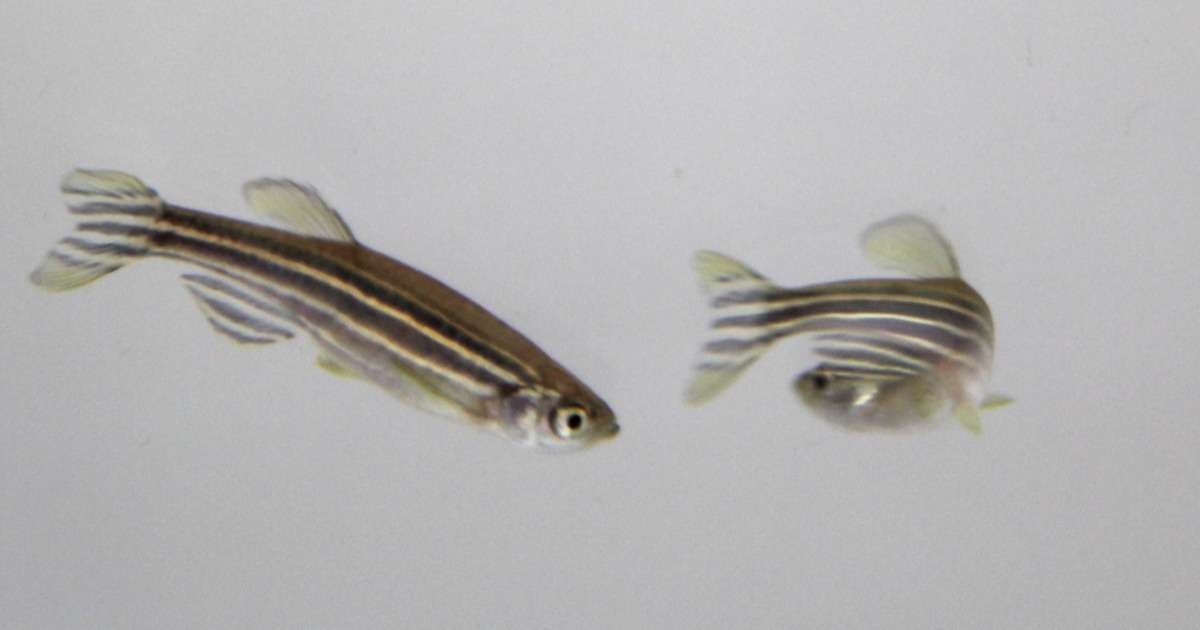
Zebrafish attracted to superfish: video tracking sex differences in shoaling
Are images enough to evoke a shoaling response in zebrafish? Do males and females respond differently to shoals or the opposite sex? A recent study finds out.
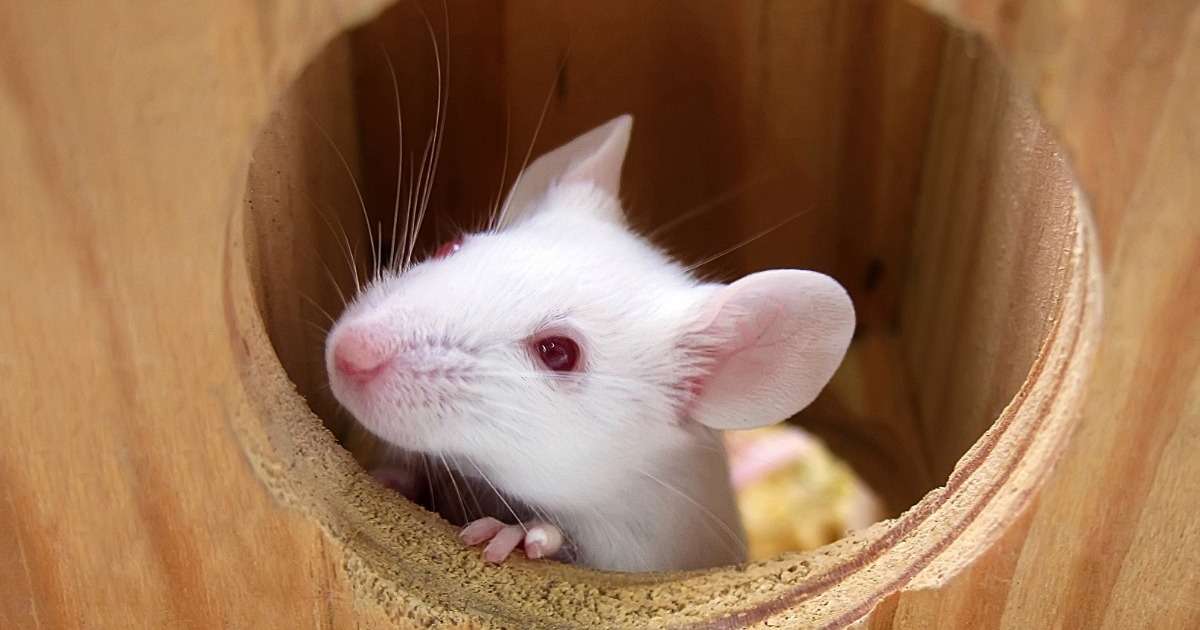
Environmental enrichment rescues autistic-like behaviors in mice
A recent mice study from The Scripps Research Institute shows that behavioral therapy might still be successful in later diagnosis of ASD with macrocephaly, laying groundwork for successful late interventions.
